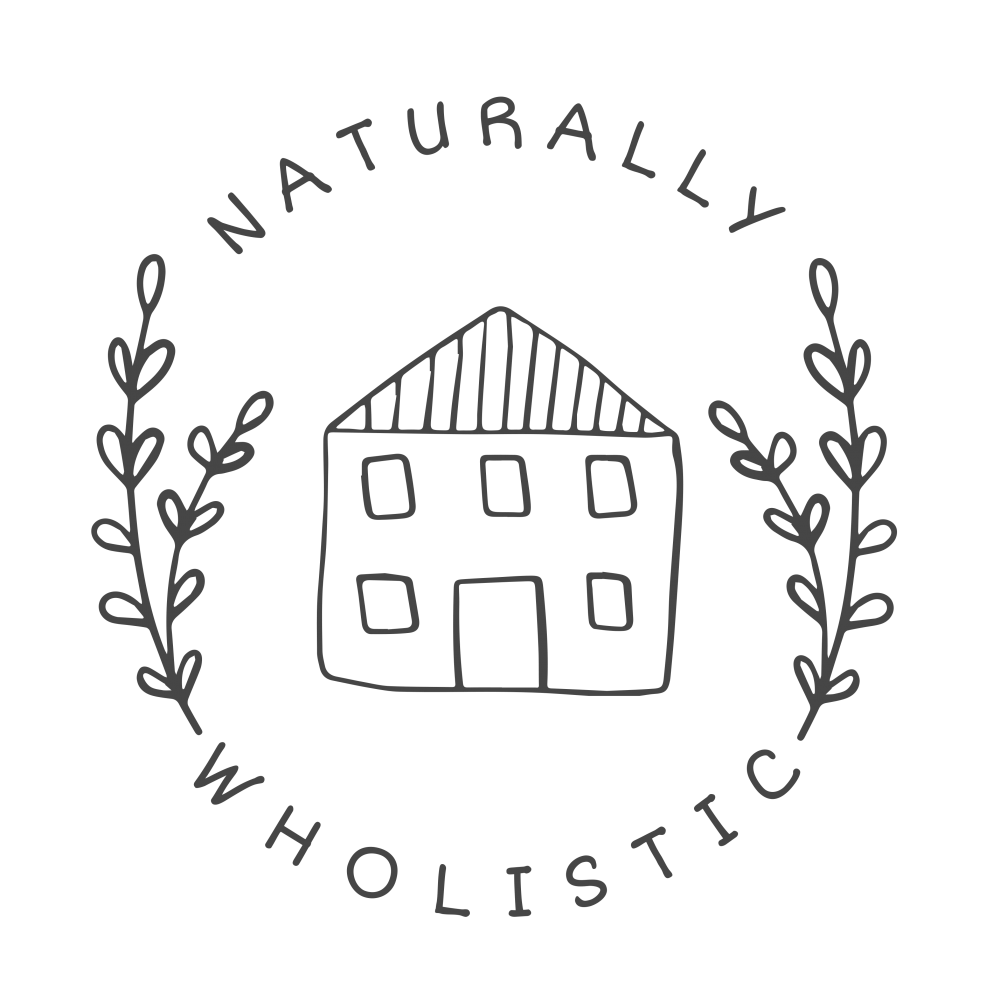.jpg) Dumpling’s recent neuropsychology evaluation (more to come on that in another post) led me to pursue several books about treating ADHD naturally. Lots of searching led me to two books in particular, though I don’t doubt there will be more to come in my research for alternative ideas. I just finished the second book, Healing Without Hurting by Jennifer Giustra-Kozek, LPC, NCC. It was one of two books that I felt would offer the most direction in my pursuit to help him naturally. This was an incredibly worthwhile read.
Dumpling’s recent neuropsychology evaluation (more to come on that in another post) led me to pursue several books about treating ADHD naturally. Lots of searching led me to two books in particular, though I don’t doubt there will be more to come in my research for alternative ideas. I just finished the second book, Healing Without Hurting by Jennifer Giustra-Kozek, LPC, NCC. It was one of two books that I felt would offer the most direction in my pursuit to help him naturally. This was an incredibly worthwhile read.
The author details the journey of helping her son overcome a host of diagnoses, including autism. Her search for natural treatments is the basis for the book. She begins by outlining the events that led her to seek out help for her son. She then lays out the many different possible diagnoses in terms that are easy to understand. She also offers a candid review of the many ADHD medications and how they work, along with overwhelming lists of their numerous possible side effects. Giustra-Kozek goes to great lengths to explain the possible harm of using medications, including sharing the U.S. Drug Enforcement Administration’s belief that “Methylphenidate (Ritalin), a Schedule II substance, has a high potential for abuse and produces many of the same effects as cocaine or the amphetamines.” Though I know that medications sometimes are truly the best treatment for those suffering from ADHD, the author supports my concerns and has convicted me further to try for natural alternatives first. She reinforces the fact that, oftentimes, medications are prescribed to treat symptoms of a singular diagnosis, but fail to take everything into account to help heal the person as a whole.
Jennifer Giustra-Kozek goes on to explain the many possible environmental, nutritional, and neurological contributors to ADHD symptoms. She outlines possible genetic factors, including gene mutations that can lead to the complete malfunction of the central nervous system, affecting the proper balance of neurotransmitters. This can bring about many of the typical ADHD symptoms. The author also discusses other possible contributing factors, including weakened immune systems from heavy metal loads due to several possible reasons, one being too many vaccines in too short of a time.
Likewise, she explains the correlation of gut health to brain health – an inflamed, unhealthy gut equals a brain that doesn’t work optimally, which equals the potential for ADHD symptoms. Digestive issues can be caused by allergies, food sensitivities, environmental toxins, or even poor nutrition. She also spends a lot of time laying out the many possible ADHD symptoms associated with nutrient malabsorption and deficiencies. There are so many potential nutrients lacking that are needed for proper brain function, especially given the American diet. This can lead to numerous ADHD-related symptoms in some people. The author discusses the disastrous effects of sugar on our bodies, increasing inflammation and thereby exacerbating an unhealthy gut. Even further, a leaky gut can result from these many issues, leaching toxins into the body. This can also potentially result in ADHD symptoms in some people. The author also writes about the possibilities of impaired detoxification processes, adrenal fatigue, hypoglycemia, and bowel toxicity all playing a role in ADHD symptoms. I was shocked at how many potential issues could be contributing factors!
Likewise, I was also surprised about how many natural treatments there are for these potential problems. Giustra-Kozek spends the rest of the book addressing possible ways to overcome these contributing factors. I think she goes above and beyond in sharing the numerous ways parents can seek to help their children address ADHD symptoms naturally. Countless options are outlined in the book, making it a necessary resource for those looking to treat ADHD with natural alternatives.
I highly recommend this invaluable resource for parents of ADHD children. The author clearly demonstrates the possibility that environmental, nutritional, genetic, and neurological imbalances may play a role in the overwhelming number of ADHD diagnoses. Correcting these imbalances first, through natural alternatives, just makes sense to me. Although medication may be the ultimate answer for some (or many), evidence clearly supports that natural alternatives can be a very important addition to treatment, restoring health and ultimately bringing healing.






